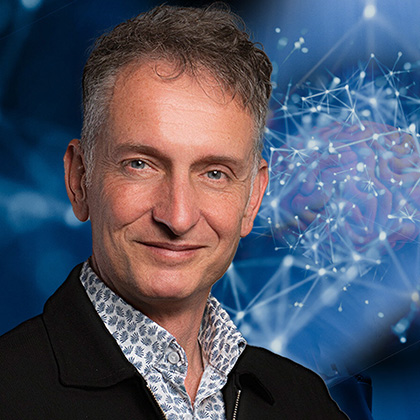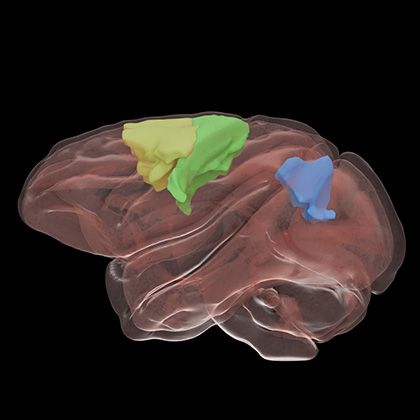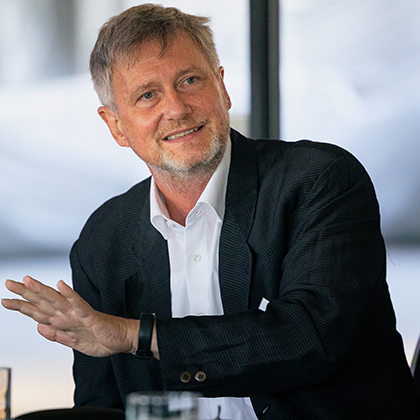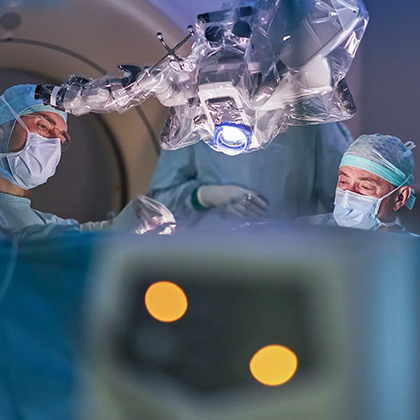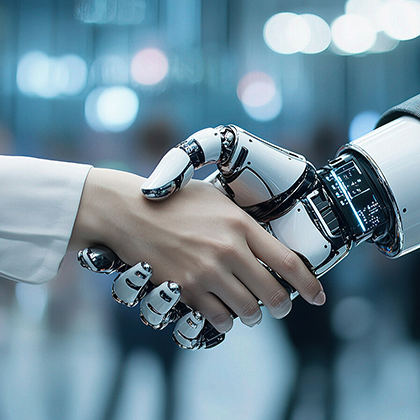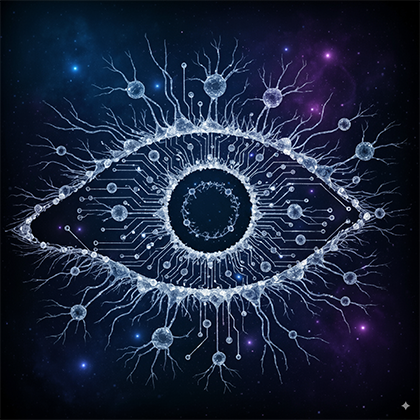Bernstein Network News. Find the latest news from our researchers regarding current research results, new research projects and initiatives as well as awards and prizes.
Deadline for Collaborative Research in Computational Neuroscience proposals next week
We would like to draw your attention to the next deadline for proposals for the Collaborative Research in Computational Neuroscience program of the National Science Foundation (NSF), USA, and multiple international partner organizations. The deadline is already on November 12, 2025!
Focusing on one voice requires both listening and ignoring
Imagine chatting at a party and trying to listen to your friend telling you about her day while there are other people talking, laughing and celebrating at the same time – difficult, isn’t it? The challenge of listening to one speaker when several people speak at once is called the cocktail party problem. Researchers from the Max-Planck-Institute for Human Cognitive and Brain Sciences and Leipzig University in collaboration with colleagues from the Max-Planck-Institute for Empirical Aesthetics and Lübeck University investigated what happens in the brain when we try to focus on one talker while ignoring another one. In the new study, now published in the Journal of Neuroscience, they show that the processing of both the voice we attend to and the voice we ignore plays a key role in how well we understand speech.
What loops and shortcuts in the brain could be shaping our behavior?
From dual system to network: Research team from Chemnitz, Santiago de Chile, and Magdeburg presents a new perspective on how the brain controls actions — and how this understanding could benefit the development of neuro-inspired AI.
Controlling prostheses with the power of thought
Researchers at the German Primate Center (DPZ) – Leibniz Institute for Primate Research in Göttingen have discovered that the brain reorganizes itself extensively across several brain regions when it learns to perform movements in a virtual environment with the help of a brain-computer interface. The scientists were thus able to show how the brain adapts when controlling motor prostheses. The findings not only help to advance the development of brain-computer interfaces, but also improve our understanding of the fundamental neural processes underlying motor learning (PLOS Biology).
Pioneer Award for Klaus-Robert Müller
BIFOLD co-director Prof. Dr. Klaus-Robert Müller, has been honored by the IEEE Computational Intelligence Society (CIS) with the Neural Network Pioneer Award 2026. The award recognizes his “contributions to the theory and practice of kernel-based learning.” Kernel-based learning is a key method in machine learning that identifies patterns in data using special mathematical functions.
Brain-computer interface for a patient with quadriplegia
A team at the Technical University of Munich’s TUM University Hospital has implanted a brain-computer interface in a patient paralyzed from the neck down. The five-hour procedure was the first of its kind performed in Europe. The device enables research that could one day help restore independence and improve quality of life for patients. In particular, the scientists hope to enable the 25-year-old patient to control his smartphone and a robotic arm using only his thoughts.
Energy-efficient thinking: What AI can learn from the brain
Biological brains are extremely energy-efficient. Can artificial intelligence learn a few tricks from them? Researchers at FIAS and colleagues from France describe new findings on energy-efficient information processing in the journal Nature Communications.
What does a human say to a robot while they’re building an IKEA shelf together?
Researchers at Chemnitz University of Technology explore human-robot conversations – and share their insights in a podcast episode.
Learning to see is teamwork
Seeing is more than light hitting the retina — it is the result of a finely tuned interplay between networks of neurons. A new study by researchers at the Frankfurt Institute for Advanced Studies (FIAS) and international partners shows how the brain learns to reliably process visual stimuli after the eyes open. With experience, incoming signals become more precise and increasingly aligned with internal circuits — a process that enables stable visual perception. These insights could inform advances in artificial intelligence (AI) and therapeutic approaches.
International awards for researchers at the Göttingen Campus
Dr Oliver Barnstedt and Dr Anggi Hapsari each receive an ERC Starting Grant.





